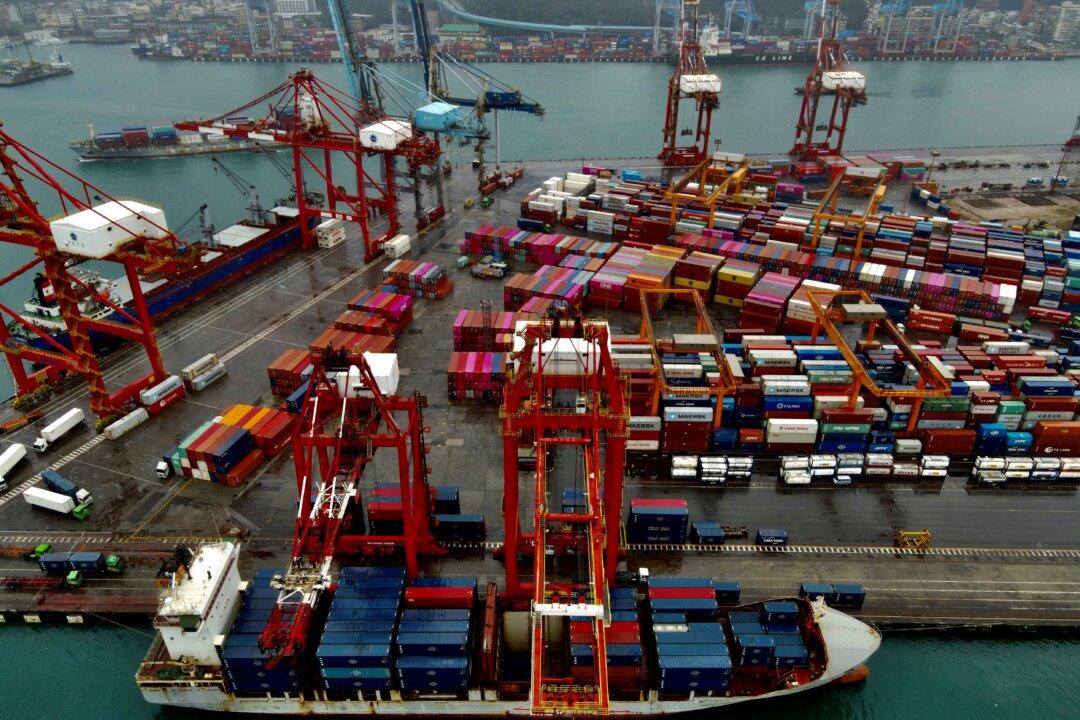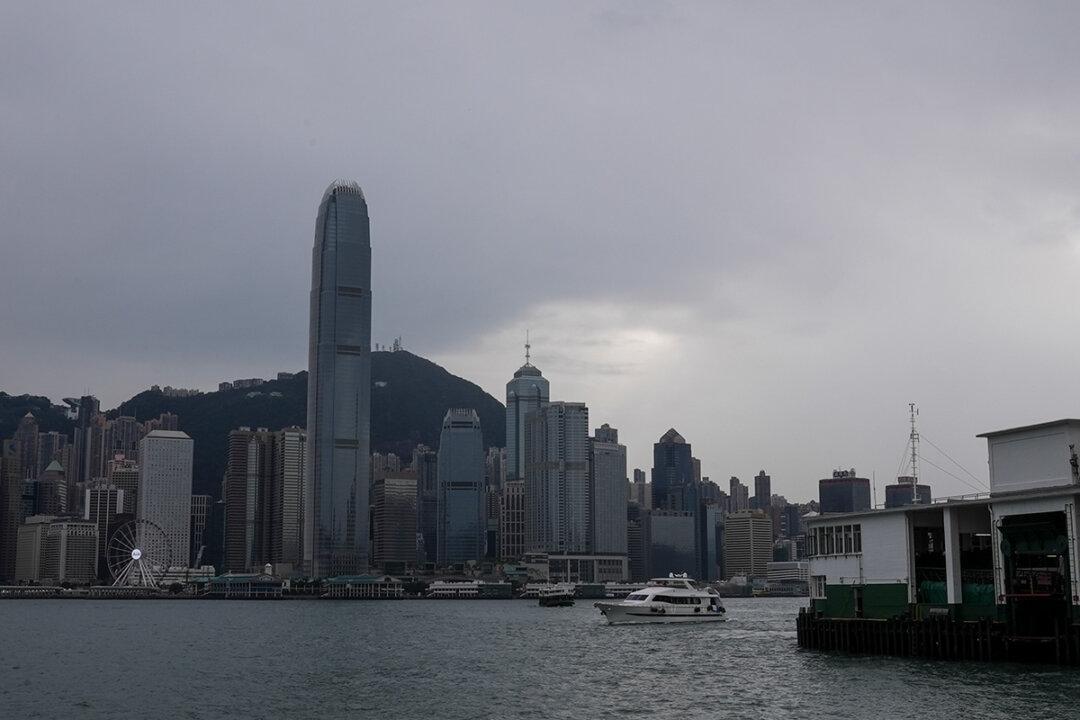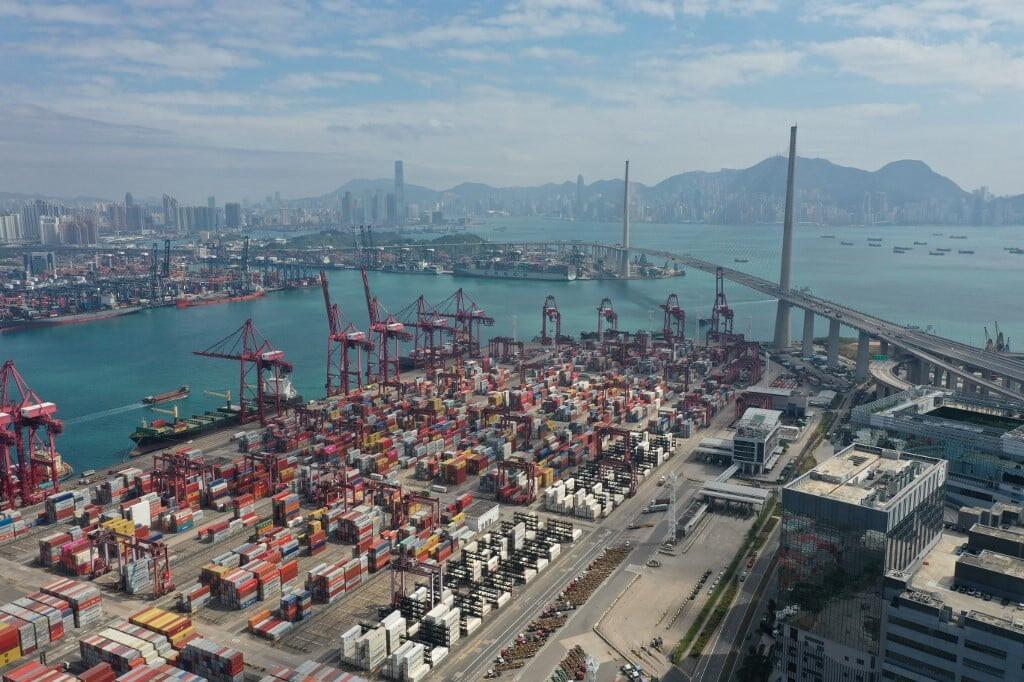Impacted by China’s weakening economy and falling demand from end-users, Taiwan’s Department of Statistics said that the country’s export orders plunged by 23.4 percent in November compared to the same month last year.
The drop marked the third consecutive monthly year-on-year decline and the sharpest fall since March 2009.





